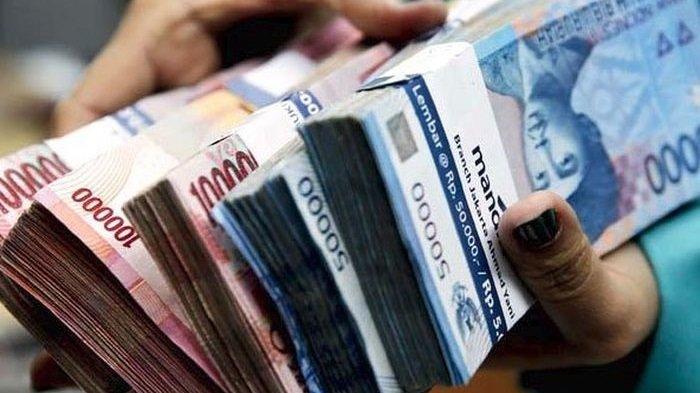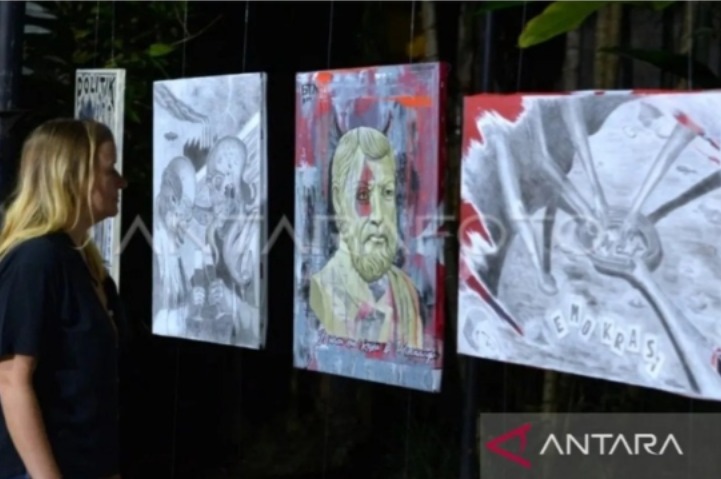APINDO DIY: Early Detection Must Provide Solutions for Employers Unable to Pay Holiday Allowances
Tuesday, 18 March 2025
YOGYA – The Yogyakarta Manpower and Transmigration Office (Disnakertrans DIY) has conducted early detection assessments on 278 companies in the region.
The purpose of this early detection is to ensure that workers receive their Tunjangan Hari Raya (THR) or holiday allowance for Idul Fitri 2025.
Timotius Apriyanto, Vice Chairman for Employment at the Indonesian Employers' Association (Apindo) DIY, stated that early detection is a routine procedure.
However, he pointed out that the assessment mainly focuses on determining whether companies can afford to pay THR.
“The results of this early detection should serve as an early warning system for employers unable to pay THR. It should also function as a forecasting tool, a forward-looking analysis that is rarely conducted,” he said on Tuesday (March 18, 2025).
He emphasized that the most crucial aspect of early detection is finding solutions for companies that are unable to pay THR.
According to him, Disnakertrans DIY should act as a bridge between employers and employees.
“It should not be ignored—there must be solutions. For instance, government banks, state-owned banks, or regional development banks could provide temporary financial support with employer commitments and guarantees, ensuring they fulfill their obligations. The government must step in as an intermediary between businesses and workers rather than just standing by,” he continued.
Apindo DIY encourages businesses to pay THR as required by regulations.
However, for companies that genuinely cannot afford it, alternative payment schemes should be considered.
Such matters must be discussed with labor unions.
Companies unable to pay THR should prioritize social dialogue with workers’ unions.
There must be an agreement between employers and employees regarding the THR payment scheme.
“However, employers must not simply make excuses without solid proof of business difficulties. Negotiations should take place with the labor unions, with Disnakertrans acting as a mediator,” he explained.
“For example, THR could be paid in installments—half before Lebaran and the remaining half after, or 75% upfront with the rest later. While this does not align with legal norms, if employers truly cannot afford to pay, it should not be forced,” he added.
Although Apindo DIY continues to push for THR payments, business sustainability must also be taken into account.
If companies are forced beyond their financial capacity, it could have negative consequences for both employers and employees. Therefore, social dialogue must be prioritized.
Source: jogja.tribunnews.com









